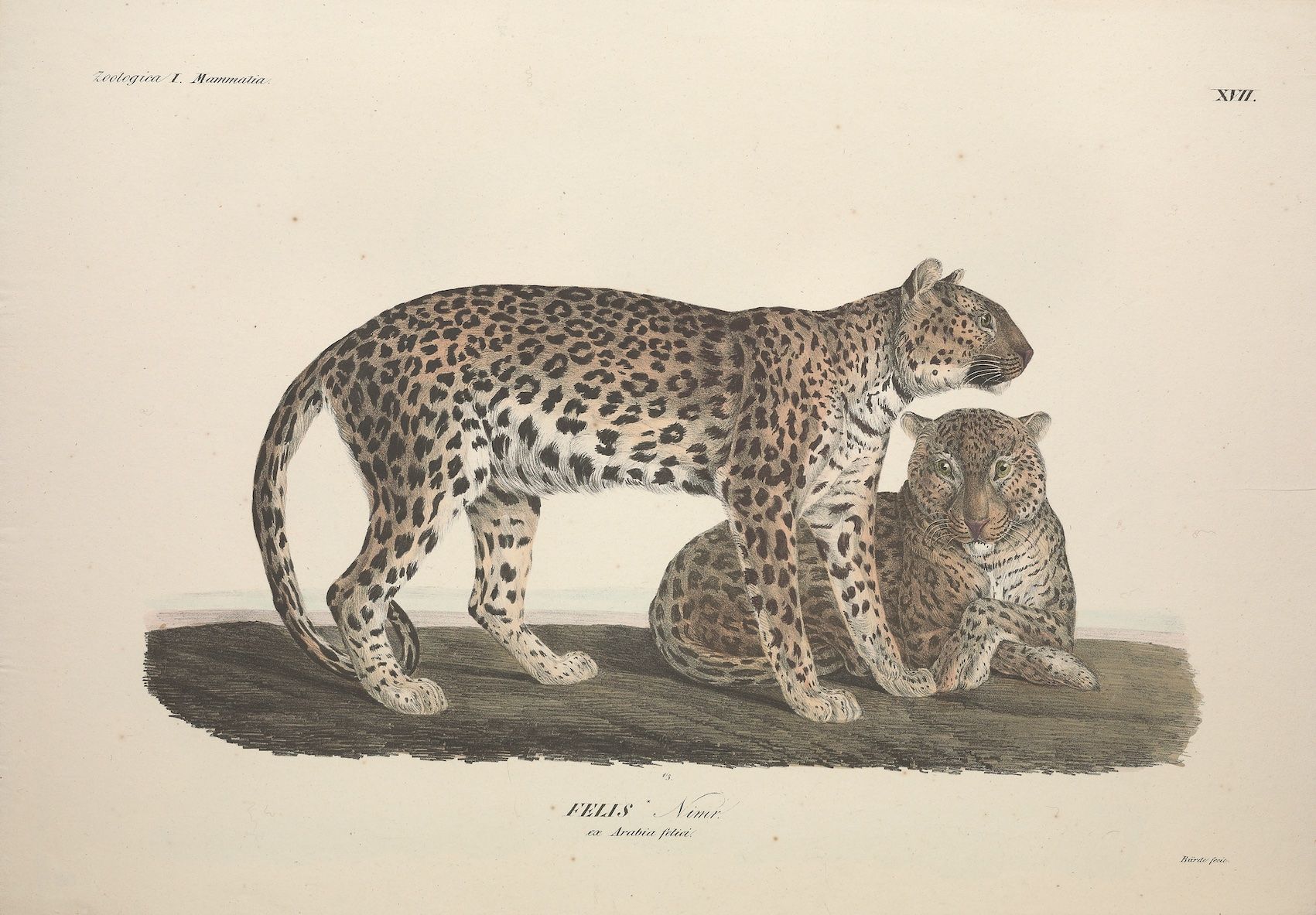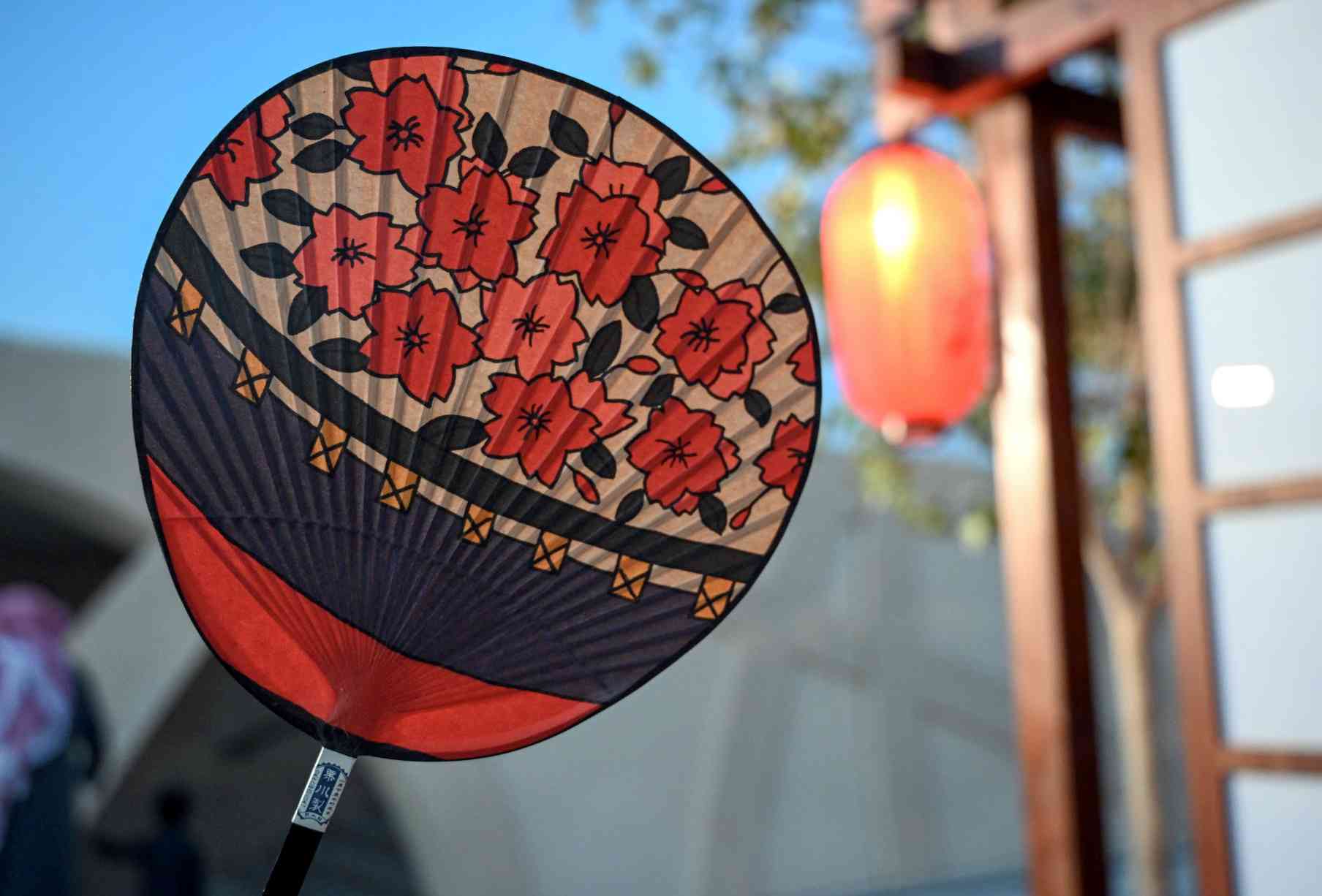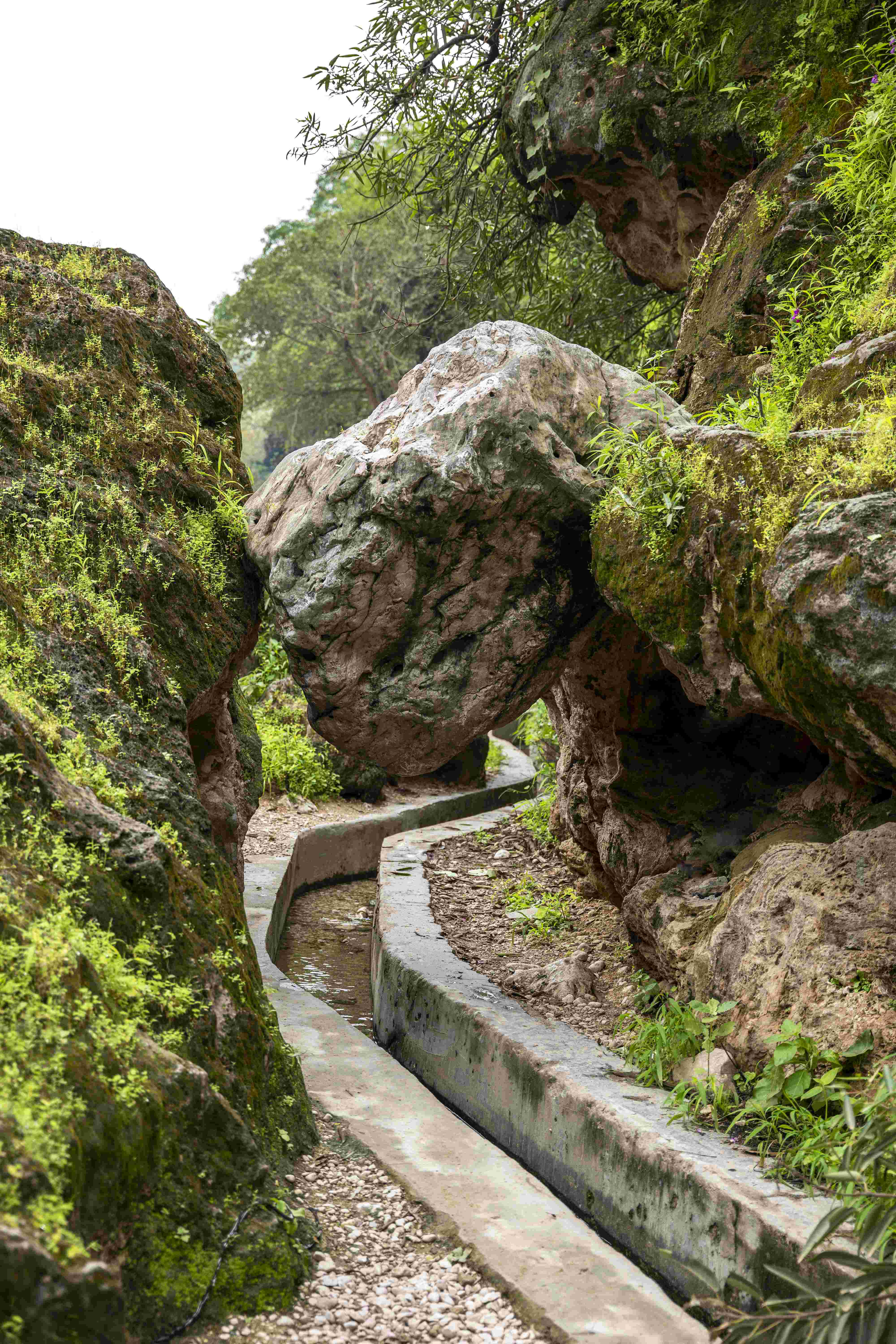Where Nature and Words Meet
Detail from the bookplate of the English bibliographer, paleontologist and geologist Charles Davies Sherborn, engraved by his father in 1890. In the image can be seen a bust of Shakespeare alongside a portrait of Darwin, a copy of the Venus de Milo alongside a microscope. The Latin on the bookcase reads "books are friends, nature [from] God.” Credit from The Public Domain Review.
Books set in natural landscapes have a different rhythm from those set in cities. They often leave behind the instant gratification of plot twists, clues, fights, and pulse-pounding conclusions. Instead of moving in straight lines, they often move in spirals, revealing more as we get closer and closer to the book’s beating heart.
When we read the literary works below, we are the patient hunter; we read meditatively and watch for truths to come into sight, and then we follow them quietly back to their lair. These stories, novels, and poems immerse us directly in the scent and feel of the natural world.
Even if you’ve never been to the Omani mountains, you can smell the hopbush, juniper, and dionysia in Zahran Alqasmi’s Honey Hunger. These works also remind us that we, too, are a part of nature. Even if we live in the always-hurrying world of computers and phones, we also belong to the larger web of being.
We start our nature-reading journey here, in the eighth century, joining avid hunter and extraordinary poet Abu Nuwas. His long-ago expeditions, modeled after lavish royal hunts, were probably staged on the secluded grounds of Iraqi Christian monasteries. Yet despite this relatively tame environment, we see the worlds of animals sharp and fresh.
Here, a portrait of a hunting dog:
“I sing of a dog pulling on the leash / like a lunatic terrified of needles / bolting from a doctor.
We provoked him / but we needn’t have—he crackled / with pure energy, set to run like a star / shot from the sky.”
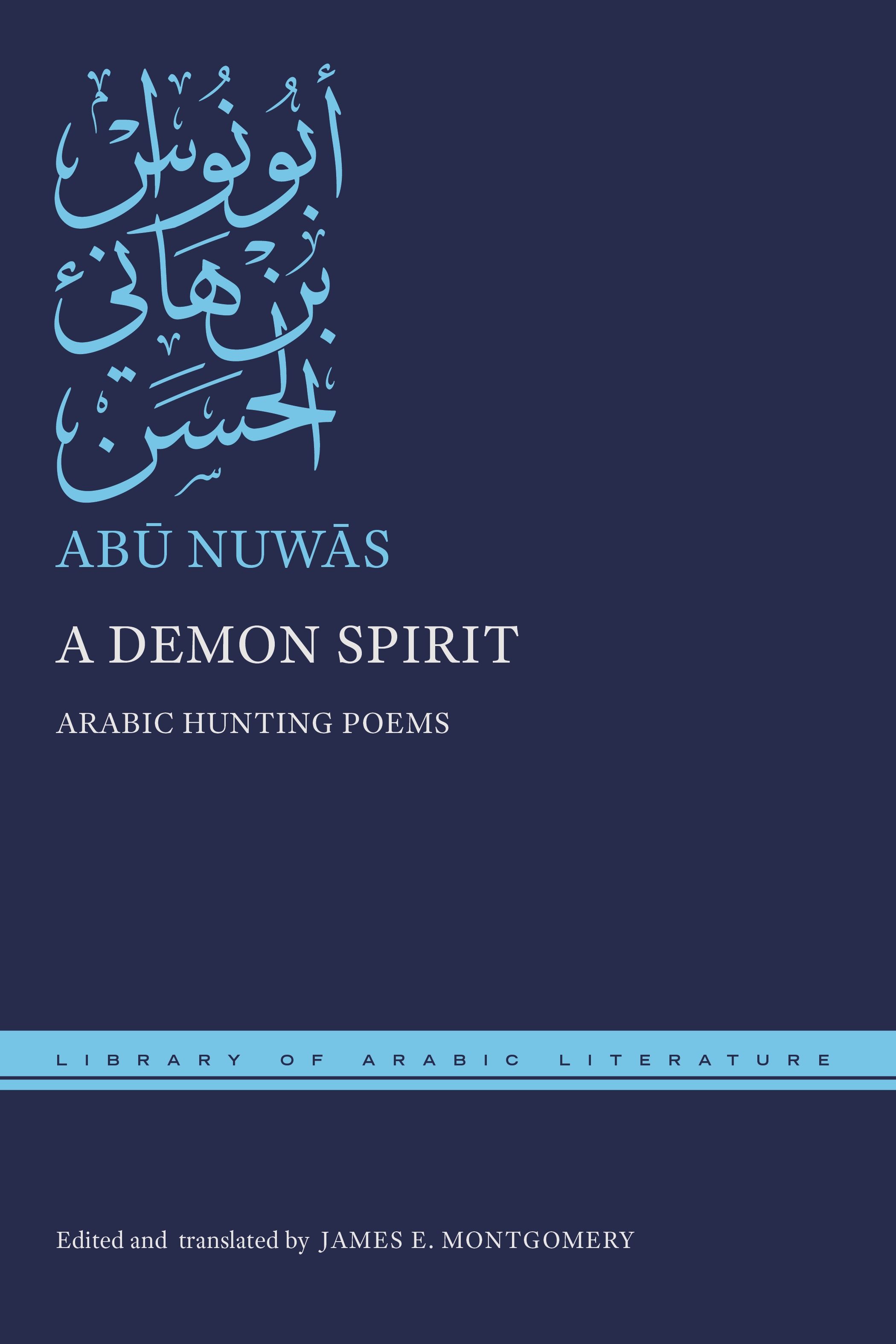
A Demon Spirit: Arabic Hunting Poems, by Abu Nuwas, edited and translated by James E. Montgomery.
Ibrahim al-Koni’s 1990 novel shows us a different aspect of the natural world. We find ourselves in the punishing Libyan desert, among an often nomadic people. Gold Dust focuses on the intense relationship between a young Tuareg man and his beloved camel, and it offers us striking literary descriptions of both the real and spiritual dimensions of the natural world. Here, the bond between a Tuareg man and his mehri camel might be stronger than the ties that bind him to humanity.
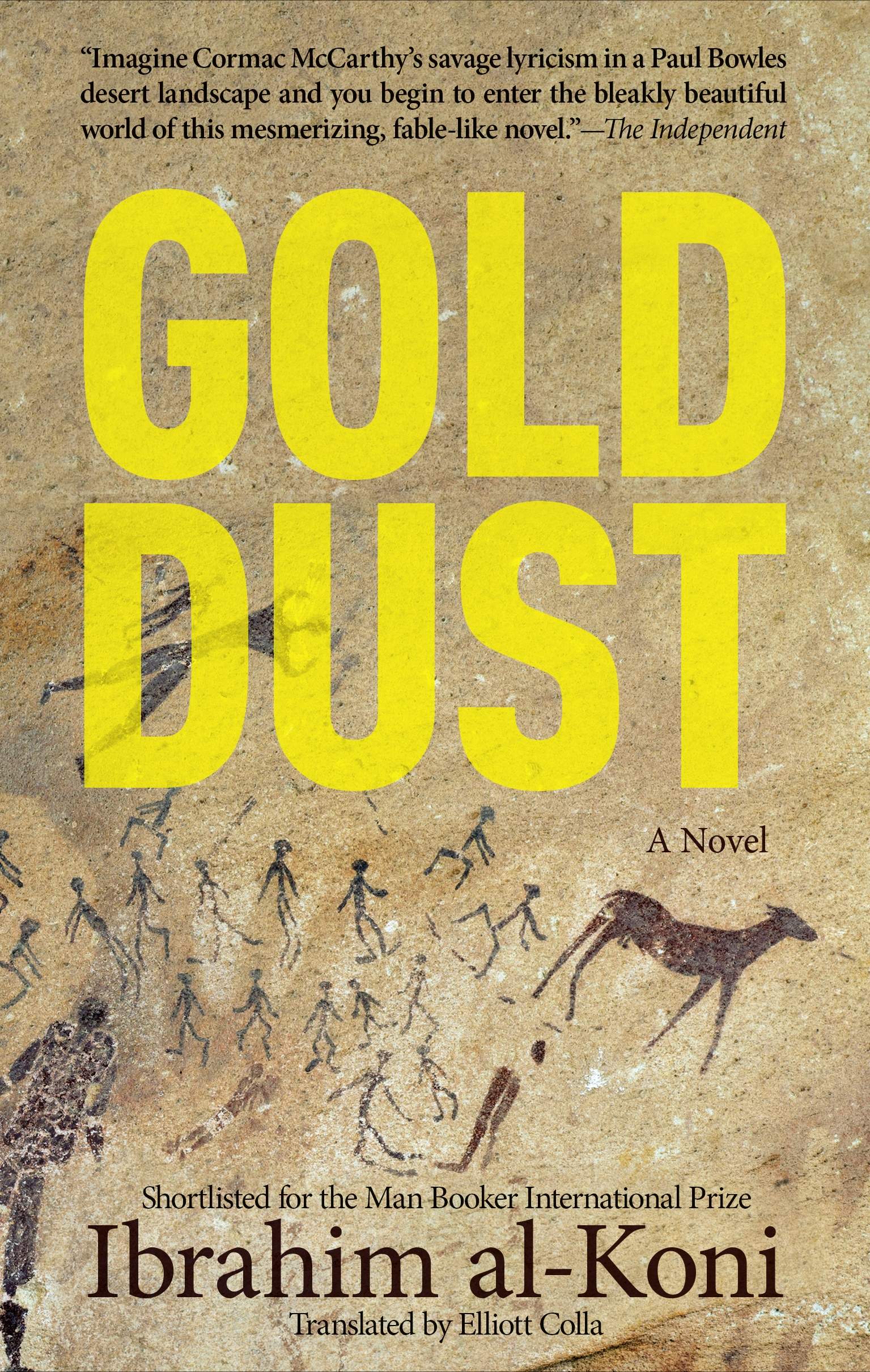
Egyptian writer Mohammed Makhzangi’s 2006 short-story collection takes place in locations all around the world, often placing animals at the center of all-too-familiar violent human conflicts. Instead of bringing human characters into a peaceful natural scene, Makhzangi asks: What do deer, horses, and puppies feel amidst the US invasion of Iraq? What happens when rabbits are caught up in a popular uprising? Human cities are put in the background as we focus on the lives of animals, and how they might feel about the way we treat each other and the natural world.
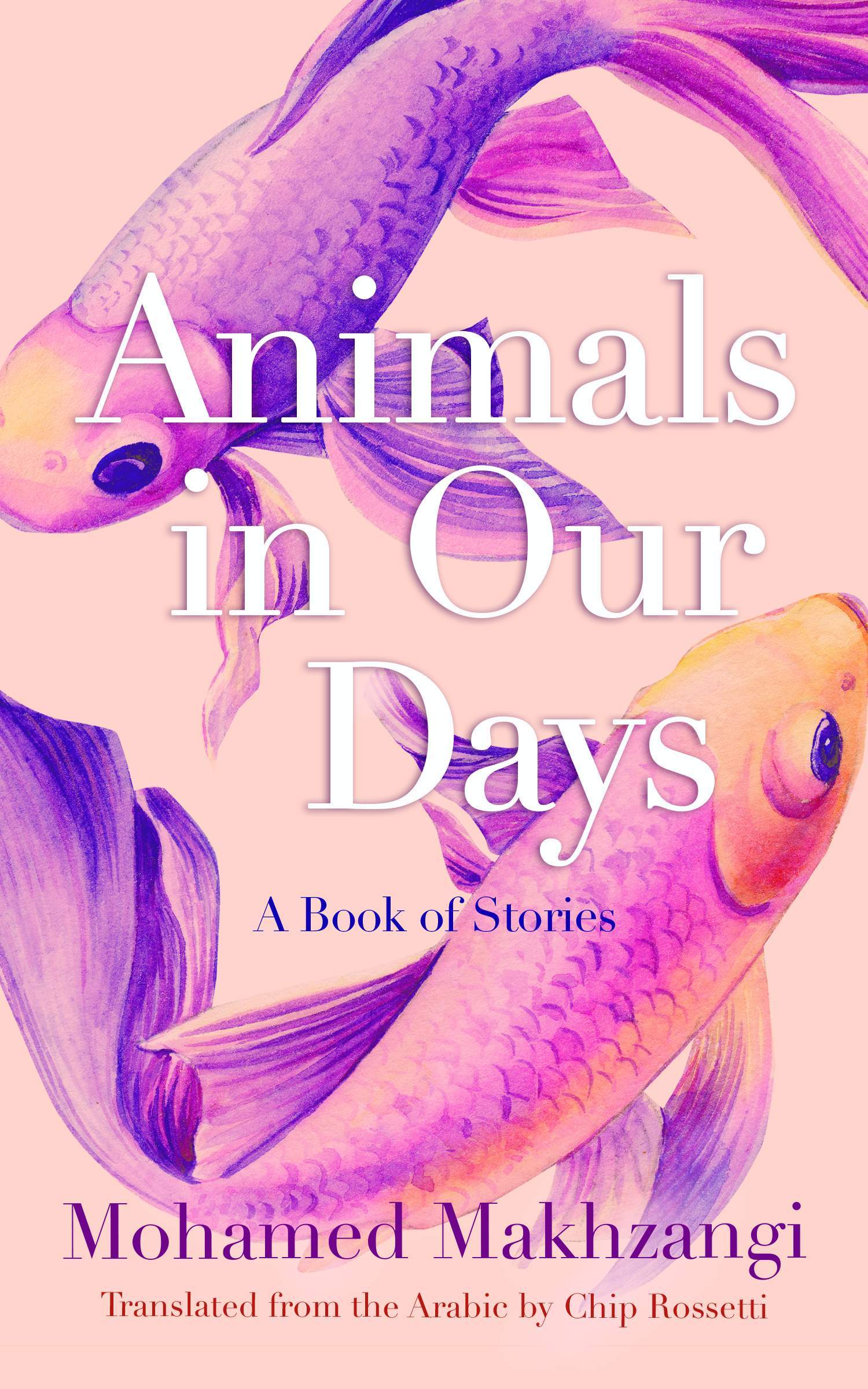
This lush 2017 novel is an essential read as our world undergoes drastic climate change. We follow its narrator, Azzan, as he camps out alone with his bees in the Omani lowlands, and later as he and two friends hunt for wild honey in the country’s rugged mountains. Throughout, the natural world is both overpowering and fragile. Here, we are not called on to be steward and “protect” nature, but rather to respect it, and to honor ourselves as a part of it.
To enjoy the borderless world of books, please visit Ithra Library and the Arablit website.
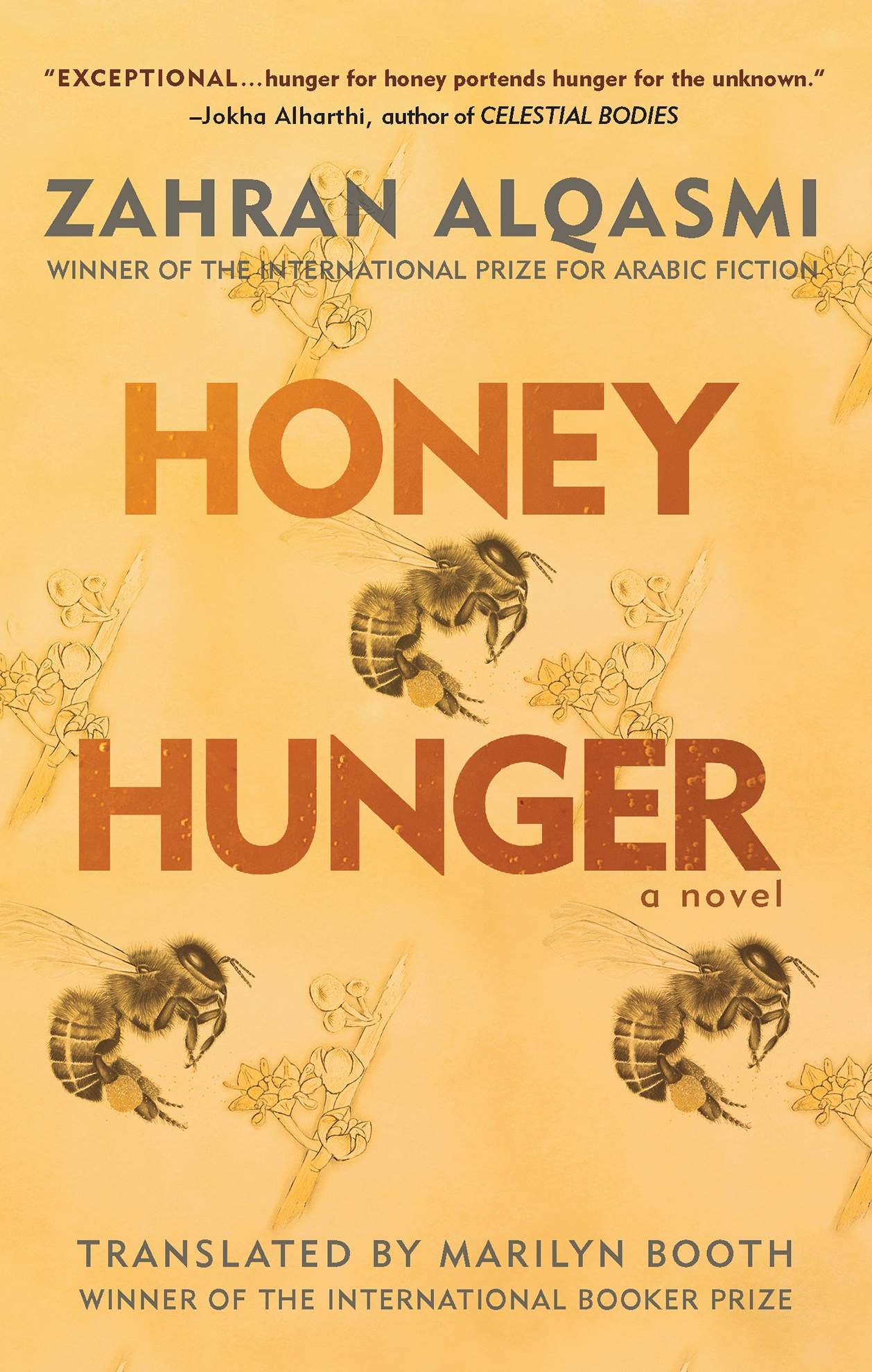
*Guest contributor
M. Lynx Qualey is the editor-in-chief of the ArabLit cooperative and founder of ArabLit.org, a website that brings together translators, authors, publishers, critics, academics and readers around discussions of Arabic literature in translation.
